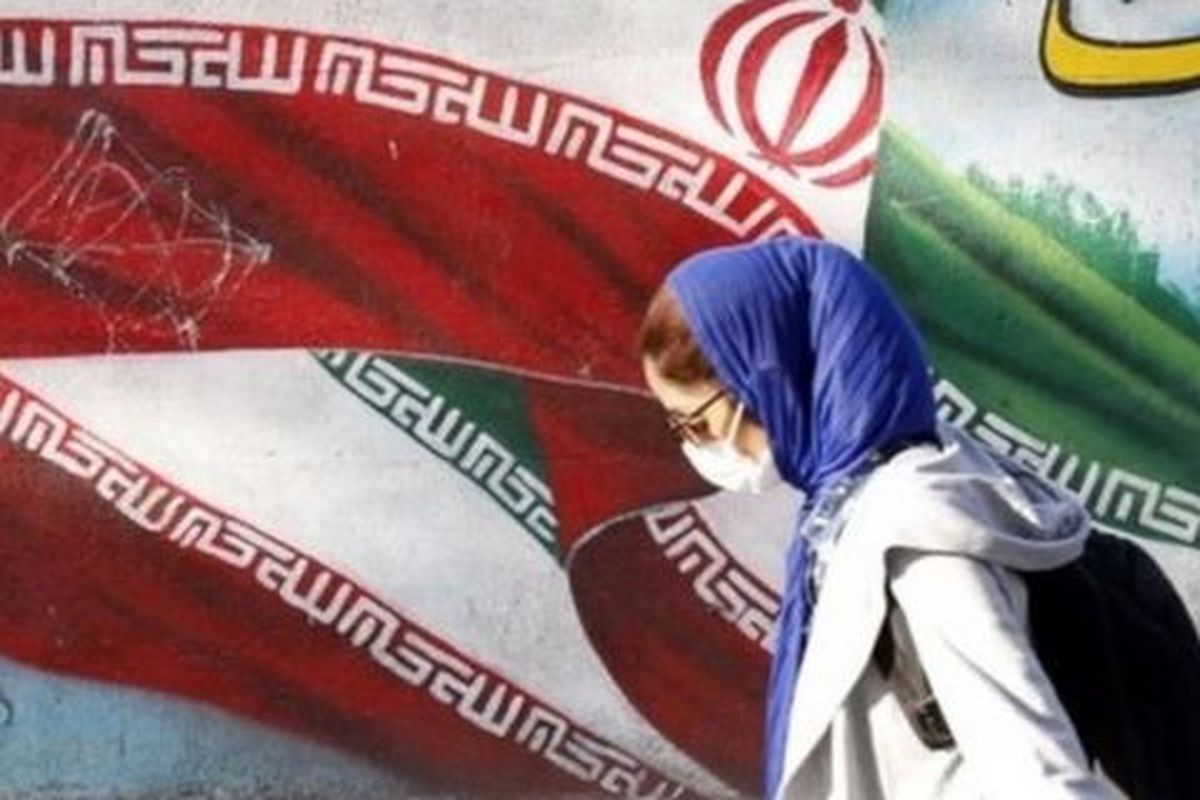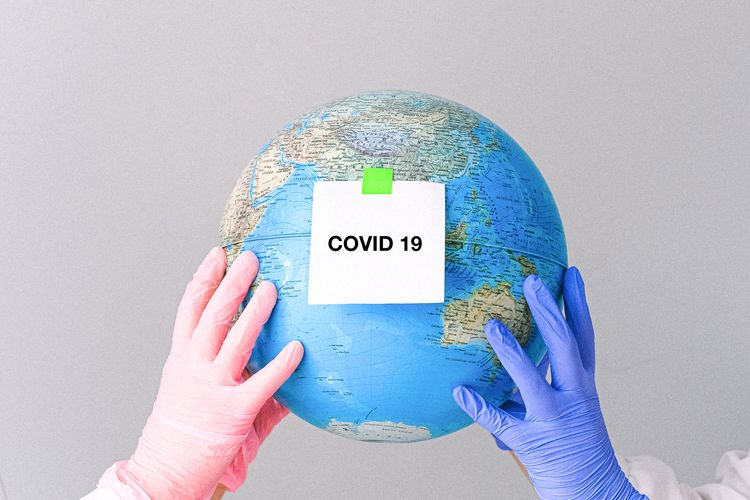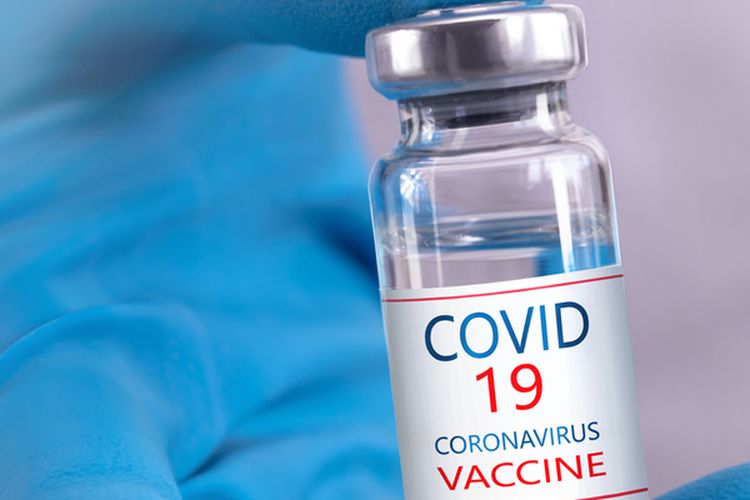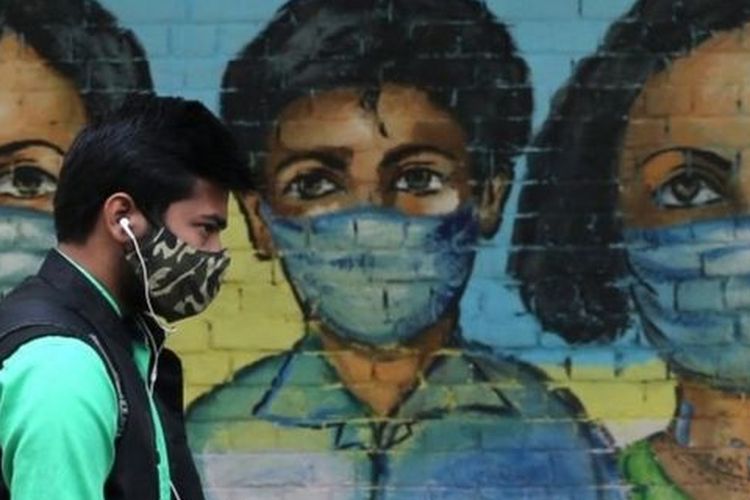
Finland's government on Monday declared a state of emergency, which enhances its powers to tackle the coronavirus pandemic.
The government also announced it would move ahead with the temporary closure of cafes, bars, and restaurants in areas where the epidemic is considered to be in either acceleration or community transmission phase.
The European Commission also announced plans for a digital vaccination certificate that could help unlock the continent's travel industry. The EU executive said they would announce more details within the coming weeks to have the scheme up and run by June.
France has decided to extend its night curfew and other restrictive measures, such as the closure of bars, restaurants, and museums for the next four to six weeks "at a minimum," said French Health Minister Olivier Veran Monday.
Though a new lockdown was not on the agenda, the government would decide this week whether local weekend lockdowns might be needed in 20 areas with high rates of infections including Paris and the surrounding region.
France's Covid-19 death toll is the seventh-highest globally and its total number of Covid cases is the sixth-worst worldwide.
The Czech Republic is deploying some 30,000 police officers and soldiers to enforce a three-week order limiting free movement across the nation as it battles a surge of infections, mainly from the UK variant. The restrictions seek to confine people mostly to their home districts and bans travel to other counties unless for work or to take care of relatives.
The numbers of those hospitalized or in intensive care are still near the record highs set earlier last week.
New figures show that the nation of 10.7 million now has the world's highest per capita infection rate, 11 times higher than in Germany.
Slovakia is buying two million Sputnik V vaccines from Russia and expects half of them to arrive in March.




































